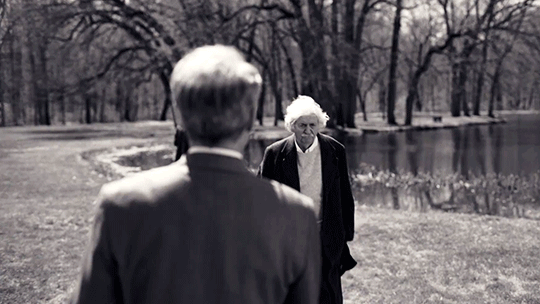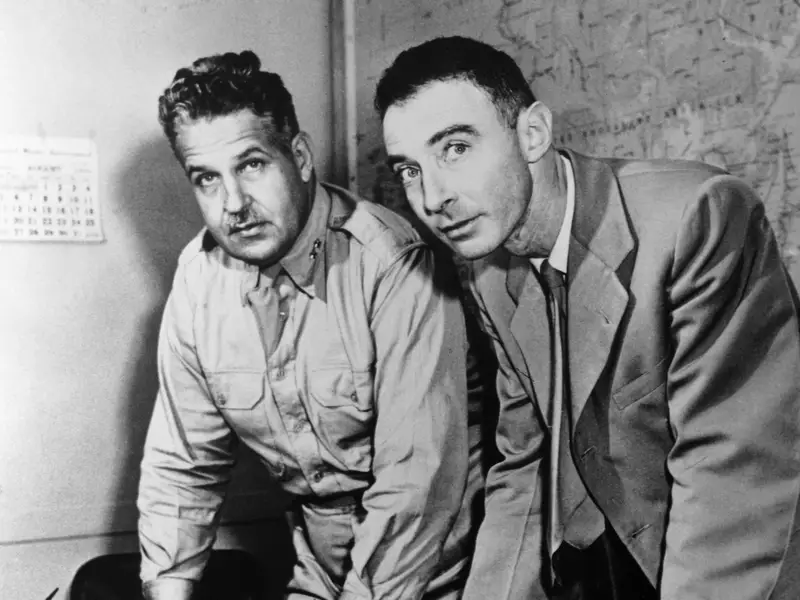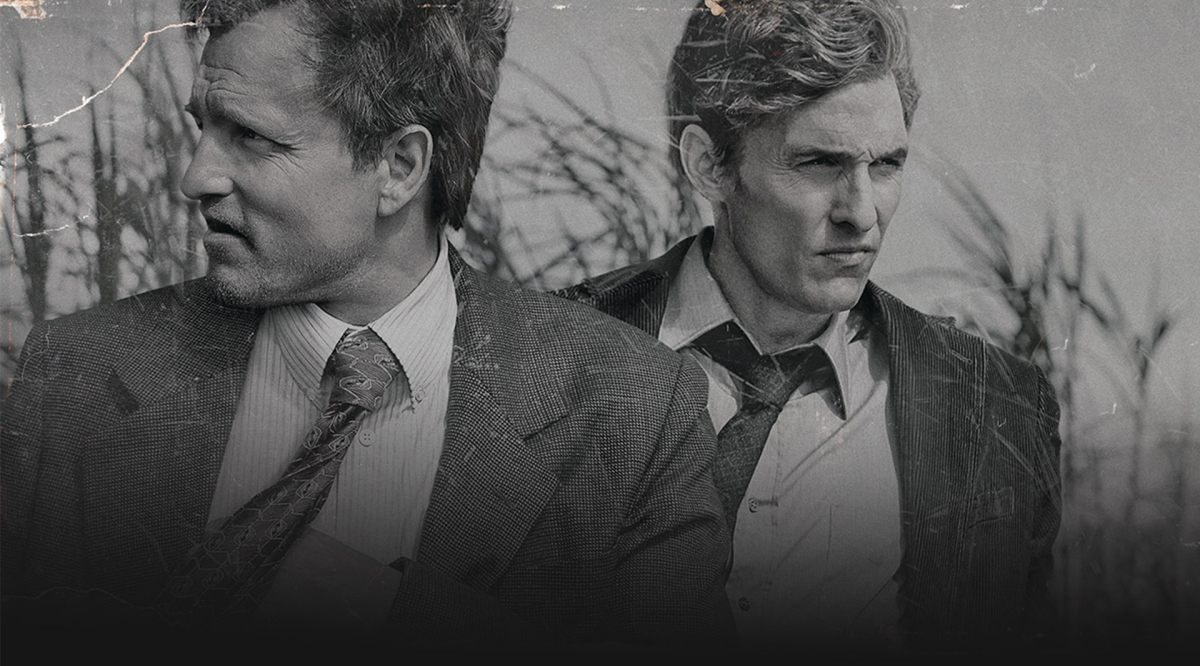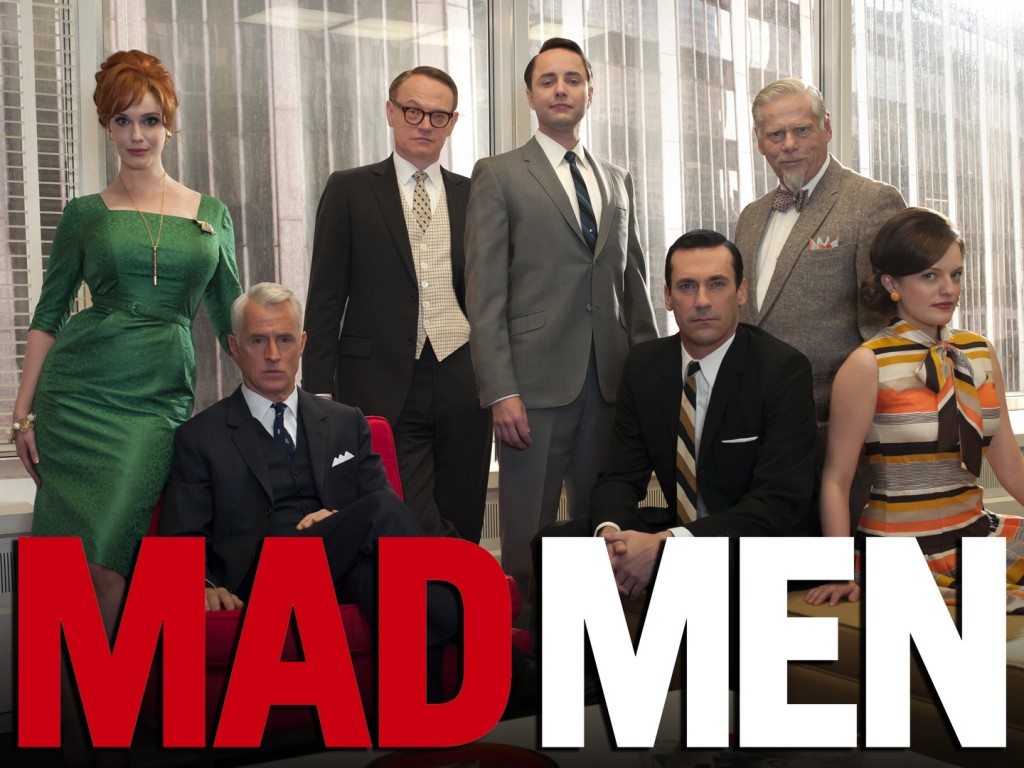
Fact: The meeting of Oppenheimer and Einstein scene in the Christopher Nolan film, Oppenheimer, is a creative and imaginative discussion between the two theoretical giants in regards to the development of the atomic bomb.
What is Christopher Nolan’s Oppenheimer about?
The film, Oppenheimer, is a biography and drama created by Christopher Nolan set around the brilliant theoretical physicist, J. Robert Oppenheimer and his role in the development of the atomic bomb. Moreover, the movie focuses on the interplay between J. Robert Oppenheimer, played by Cillian Murphy, and the Manhattan Project. It focuses on the first-person narrative and subjective view of Oppenheimer as he navigates this groundbreaking development. It also provides an overall empathetic experience from the outside observer, of the reality of the technology being birthed right before their eyes. A duality Nolan was hoping the audience would experience, and it’s ramifications following.
There is a sequence that continues to play throughout the film between the two pioneering physicists, Oppenheimer and Einstein, that touches upon every inner scientist. At that core, is this internal monologue that repeats itself, asking about the application and implication of a discovery. Does the end justify the means? In the case of the Manhattan project, more specifically, Oppenheimer, is the very salient dilemma, the substituting of one evil for another. That is, to survive the immediate future, knowing what lies ahead. Einstein knew it. And Oppenheimer knew it.
Director J. Robert Oppenheimer the Manhattan Project

The outbreak of World War II heightened the urgency of scientific collaboration. Oppenheimer, with his deep understanding of theoretical physics and leadership capabilities, was appointed scientific director of the Manhattan Project in 1942. While some believe that he was at the top of the list to become director, that actually was not the case. U.S. Army General Leslie Groves had to massage the idea in order to make Oppenheimer director of the Manhattan Project. Groves understood the changing landscape of science and also understood the importance of having a charismatic leader. Groves was even willing to alter his tactics to fit the situation, even though the two had dissimilar styles. He saw that Oppenheimer was brilliant and knew how to bring the best out of his team, a team of some of the brightest scientific minds, that would come to help develop the atomic bomb.
Understanding why Oppenheimer wanted this responsibility isn’t directly known. From the many different interactions, clips, letters, and personal anecdotes, many conclusions could be extrapolated. Oppenheimer, who was Jewish, thought the idea of a nuclear armed Germany was a nightmare too unbearable to ignore. In addition, there were levels of personal ambition, commitment to his country, and the fear of Nazi-controlled nuclear future that plagued J. Robert Oppenheimer.
Princeton The Epicenter of Scientific Discourse
The Institute for Advanced Study in Princeton, New Jersey, served as the premiere landscape for the two theoretical physicists during the early to mid-20th century, J. Robert Oppenheimer and Albert Einstein. This dynamic duo, each a luminary in the world of physics, shared a connection beyond the realm of academia. Their interactions at Princeton not only shed light on the scientific discourse of their time but also offered a glimpse into the personal and intellectual exchanges between two giants in the field.

Oppenheimer and Einstein – hiptoro.com
In the years leading up to World War II, Princeton became a nucleus of intellectual activity, attracting some of the greatest minds in science and academia. The Institute for Advanced Study, established in 1930, became a central home for such brilliant scientists. Einstein, fleeing the rise of Nazi Germany, found refuge at Princeton in 1933. While Oppenheimer joined the Institute in 1947.
Einstein was already established as a scientific rockstar for his groundbreaking work on the theory of relativity. Which later became the foundation for the theoretical groundwork for the understanding of nuclear energy. Which he would later voice his concerns in 1939. He signed a letter to President Franklin D. Roosevelt warning about the potential military applications of atomic energy. This idea may have planted a seed that inevitably catalyzed the establishment of the Manhattan Project, a project centered around developing the technology that we know today.
Oppenheimer, on the other hand was this notable figure rising in the scientific community for his work focused on quantum mechanics and electrodynamics, which established his reputation as a gifted and original thinker. The intersection of their interests, coupled with the pressing global events of the time, set the stage for their interactions at Princeton to extend beyond the academic.
Einstein, although not directly involved in the day-to-day activities of the Manhattan Project, played a crucial role through his early recognition of the potential for nuclear weapons. His scientific contributions served as the theoretical foundation upon which the practical aspects of the project were built. The ethical implications of atomic weaponry weighed heavily on Einstein, who later expressed regret over his role in alerting the U.S. government to the possibilities of nuclear weapons.
The relationship between Oppenheimer and Einstein extended beyond scientific matters. While both were known for their intense focus on their work (they didn’t meet eye to eye), moments of camaraderie and intellectual exchange were not uncommon. The atmosphere at the Institute for Advanced Study fostered a community of scholars who engaged in both formal and informal discussions, contributing to the cross-pollination of ideas.
The interactions between J. Robert Oppenheimer and Albert Einstein at Princeton were not only a meeting of scientific minds but also a convergence of personalities that left an indelible mark on history. Their collaborations, though primarily rooted in the scientific challenges of their time, extended into the personal realm, forging a connection that echoed through the annals of theoretical physics.
What Do We know? Were Oppenheimer and Einstein Princeton Colleagues
The two first met in 1932 during Einstein’s visit to CalTech. In Martin J. Sherwin’s American Prometheus: The Triumph and Tragedy of J. Robert Oppenheimer, the book the film is based, it highlights Oppenheimer’s father, Julius, who noted fleeting conversations the two scientists shared together at CalTech. In 1947, the two became colleagues at Princeton, Oppenheimer as the director of the school’s Institute for Advanced Study and Einstein as a professor. They had offices down the hall from one another. While they shared some opposing views, they were friends. When Oppenheimer gave a lecture at the UNESCO House in Paris, he had this to say in reflection of Einstein,
“Though I knew Einstein for two or three decades, it was only in the last decade of his life that we were close colleagues and something of friends.”
And even when Einstein came into scrutiny with his supposed involvement with the creation of the atomic bombs, Oppenheimer had this to say in his lecture titled “On Albert Einstein“,
Einstein is often blamed or praised or credited with these miserable bombs. It is not in my opinion true.

Scientists will always have their opposing thoughts and ideas as professionals. That doesn’t necessarily ever have to translate into their private relationships. Some have written that because of their differences in physics, that spoiled their friendship.
But, this story seems to speak to the opposite. One notable story from the American Prometheus amplifies the respect Oppenheimer had for Einsteins shines particularly during one of Einstein’s birthdays. Einstein had a strong powerful love for classical music. It was something that was well known. And his time at Princeton, Einstein’s radio could not receive New York broadcasts of concerts from Carnegie Hall. So, Oppenheimer arranged to have an antenna installed on the roof of Einsteins modest home at 112 Mercer Street. All of which was done without his knowledge. On his birthday, Robert showed up with a new radio, and suggested that they listen to a scheduled concert. Einstein was delighted.
Did the meeting of Oppenheimer and Einstein scene actually take place? In conclusion, while Princeton has several man-made lakes on it’s campus, and that the chances the two took walks by those lakes were highly probably and likely, there is no evidence this conversation or interaction occurred between the two. Christopher Nolan even notes that sequence of events was fantacized. A conversation he could have seen the two having.
References:
Barker, S. (2023, August 9). What Did Oppenheimer Say To Einstein & What Did It Really Mean? ScreenRant. https://screenrant.com/what-did-oppenheimer-say-to-einstein-meaning-explained/
Christopher Nolan talks OPPENHEIMER, James Bond, Cillian Murphy, Robert Downey Jr. (n.d.). Www.youtube.com. Retrieved December 29, 2023, from https://www.youtube.com/watch?v=eWBJ-60L8Lg&t=200s
Why did Oppenheimer agree to lead the Manhattan Project? (n.d.). The Socratic Method. https://www.socratic-method.com/oppenheimer/why-did-oppenheimer-agree-to-lead-the-manhattan-project
Why did they pick Oppenheimer to run the Manhattan Project? (n.d.). The Socratic Method. Retrieved December 29, 2023, from https://www.socratic-method.com/oppenheimer/why-did-they-pick-oppenheimer-to-run-the-manhattan-project
Ebiri, B. (2023, July 21). The “Troubling Reverberations” at the End of Oppenheimer, Explained. Vulture. https://www.vulture.com/article/oppenheimer-ending-explained-christopher-nolan.html
Hamadeh, Y. (2023, July 21). Explained: Albert Einstein’s role in “Oppenheimer.” Mashable; Mashable. https://mashable.com/article/oppenheimer-movie-einstein-history-explained




